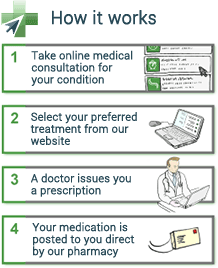Cholesterol is a fat (lipid) that is found in the human body. Cholesterol and triglyceride (also a lipid) are crucial components in cell structure. They also play an important role in hormone and energy production.
The amount of cholesterol that you have in your body is only partially dependant on our diet. However, it is principally dependant on how much cholesterol is produced by the liver.
Having a high level of cholesterol in the bloodstream is not problematic in itself. It can, however, lead to a narrowing and hardening of the arteries, which can, in turn, lead to problems.

There are two different types of cholesterol. The first variety is named high-density lipoprotein (HDL) that is usually described as ‘good cholesterol’ and a second variety known as low-density lipoprotein (LDL) that is usually referred to as ‘bad cholesterol’.
HDL reduces the amount of bad cholesterol in the bloodstream, where it is transported back to the liver. HDL protects against the narrowing of the arteries described above. LDL can have an impact on diseases of the heart and the circulatory system.
The extent to which narrowing of the arteries is likely to be problematic is dictated by the ratio of good cholesterol (HDL) to bad cholesterol (LDL).
The levels of LDL, ‘bad cholesterol’, in the bloodstream can be reduced by eating a diet that is low in fat and, if required, by taking medication.
The levels of ‘good’, HDL cholesterol in the bloodstream can be increased through exercise and, it is believed, by taking alcohol in moderate amounts.